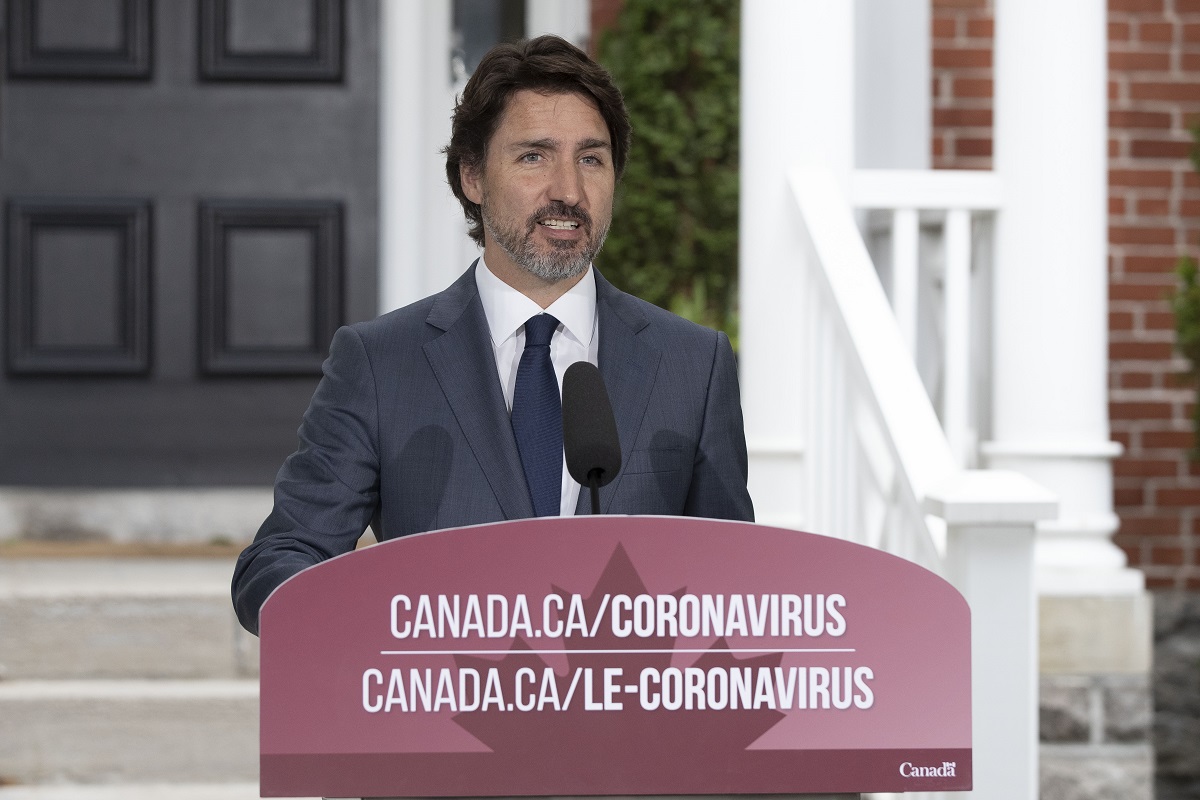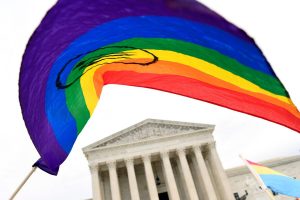It was only to be expected that there would be an almost instant souring of relations between Hong Kong and Canada in the wake of the latter’s decision to suspend its extradition treaty with China’s protectorate. The government in the island nation has once again criticised Washington for “interfering” in its affairs.
Beijing imposed a new National Security Law over the weeked on the former British colony, despite protests from Hong Kong residents and Western nations. Beijing’s move has posited China’s freest city and a major financial hub on a more authoritarian track. “The Canadian government needs to explain the rule of law, and explain to the world why it allows fugitives not to bear their legal responsibilities,” Hong Kong’s security chief, John Lee, told a radio programme on Saturday.
Advertisement
Canada’s move has been stoutly opposed not the least because it has enabled politics to override the rule of law. Ottawa announced over the weekend that it was suspending the treaty with Hong Kong in the wake of the new law and could boost immigration from the city. Canada will also bar the export of sensitive military items to Hong Kong, going by the statement of the Prime Minister, Justin Trudeau. There is a little confusion just yet over whether Canada’s action violates international law.
Even Hong Kong’s Justice Secretary, Teresa Cheng, has said she is not quite sure, though she has expressed disappointment and “extreme regret” over Canada’s move. Last Friday, the Hong Kong government described as “totally unacceptable” a bill passed by the U.S. Senate to penalize banks doing business with Chinese officials who implement the new law.
“We reiterate that any ‘sanctions’ imposed under the act will not create an obligation for financial institutions under Hong Kong law,” the spokesman said in a statement. The United States has been urged to immediately stop interfering in Hong Kong’s internal matters, an appeal that has been couched in the caveat that Beijing, as well as Hong Kong’s government, could take counter-measures when needed.
Geostrategically, it has turned out to be a quadrilateral conflict, albeit confined to hot air, between Hong Kong and China on the one hand and Canada and the United States at another remove. Predictably, Beijing has pulled up a chair, accusing Canada of meddling after Ottawa said it was suspending its extradition treaty with Hong Kong to protest against the new law imposed by Beijing.
Indeed, China has denounced what it calls Canada’s “unwarranted comments” on the new law, saying Canadian leaders had “grossly interfered in China’s internal affairs.” China’s clamp on HK’s security is an instance of gross interference no less. According to Mr Trudeau, his country is “extremely concerned” about the situation in Hong Kong under the new law, and will examine measures to “ensure the safety of its citizens,” as well as of the 300,000 Canadians living there.
The Chinese legislation, enacted after a year of mass protests in Hong Kong, outlaws acts of subversion, secession, terrorism and colluding with foreign forces. However, critics say the law will be used to repress protest and dissent.











